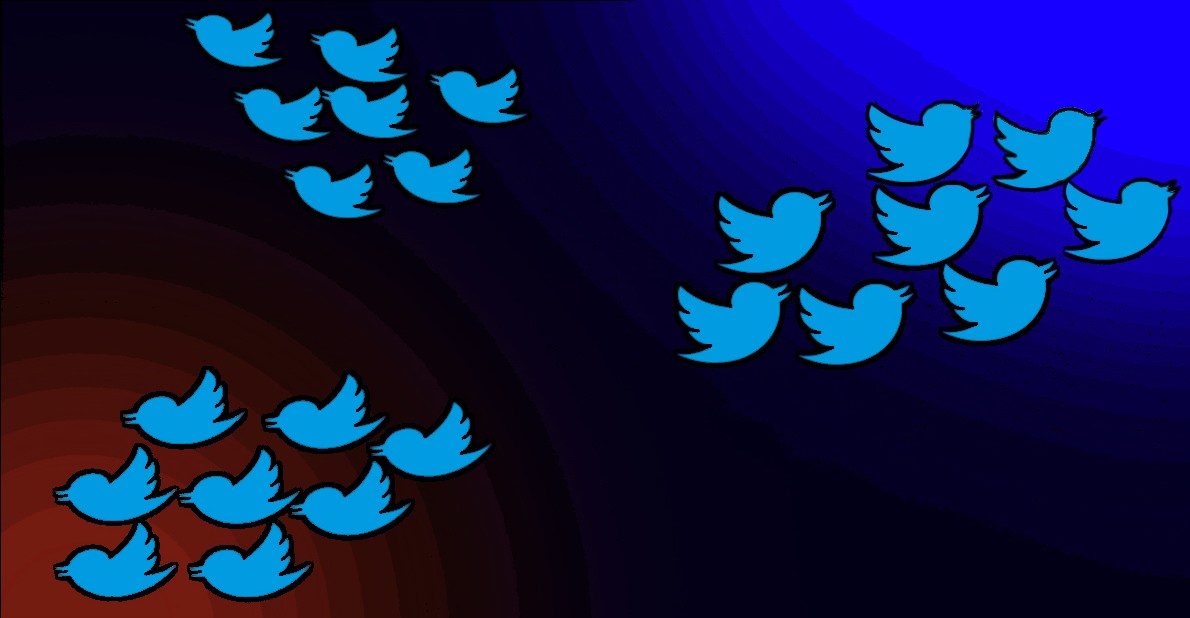Nathan Gardels is the editor-in-chief of Noema Magazine.
Every year, The WorldPost joins with the Gottlieb Duttweiler Institute (GDI) in Zurich to map the most influential voices across the predominantly English-language Web. In this year’s list, Pope Francis comes in at number one, Indian author Arundhati Roy at 21, Chinese artist Ai Weiwei at 66 and Mexican actor Gael Garcia Bernal at 100.
We take another measure of influence this year by mapping the number of links between people on Wikipedia. The more links there are to others in a person’s page profile, and the more others link to that page, determines how central and influential a person is in that network.
We further employ an analytics tool called Tribe Finder, which categorizes the “tribes” people identify with — “Spiritualism,” “Nerd,” “Treehugger,” “Fatherlander,” for example — through the words people use in their Web interactions. One key finding is that, despite the anti-elite populist disruptions of recent times, a global “anti-tribe tribe” persists as a cogent presence in its rejection of a nativist and nationalistic mindset.
As it develops further, this data-based approach to tribal affiliations will make more visible and transparent who influences whom, and thereby enable the capacity to judge the credibility of sources.
An analysis by GDI associate and MIT collective intelligence analyst Peter Gloor catalogues “the illusory influence of tweets,” noting that, with the exception of Barack Obama and Donald Trump, most of the largest Twitter followings are essentially fan clubs of Hollywood or music celebrities with little to no substantive content to their communications.
The GDI project for 2017 coincides with the award of the Berggruen Prize to British philosopher Onora O’Neill, who has focused on the trustworthiness of information. In a commentary for The WorldPost, she wrote: “Cyber romantics still suggest that any restriction of online communication would be wrong; they forget that free speech is only one of the many standards that matter for the ethics of communication.” For O’Neill, the key ethical standard is whether claims and their sources are verifiably “honest, competent and reliable.”
A flight to quality media
In fact, we are already seeing evidence of a “flight to quality” in the wake of the dominance of peer-driven social media that is populated with hate speech, fake news and alternative facts. Online subscriptions to The Washington Post — The WorldPost’s publishing partner and a celebrated bastion of the traditional mainstream media — have tripled during the first year of the Trump presidency as concerned citizens turn to it as a trusted source.
Even so, the Internet remains the battleground of tribal warfare, where a cacophony of voices contends to establish the consensual truths that are the essential foundation of democratic discourse. The global “anti-tribe tribe” claims authority through the impartial methods and universal standards of reason it employs in the pursuit of an objective social consensus. Ideological, religious or nativist adherents embrace allegiance to the solidity of belonging against what they regard as the rootlessness of a cosmopolitan caste. For identities rooted in ideal pasts, utopian futures or the purist aspirations of exclusivist religions and ethnicities, the truth of any matter that does not fit within the boundaries of tribal belief is considered a betrayal.
As the philosopher Peter Sloterdijk has noted, the eruption of tribalism in our global age is a response to the “liquidized” identities that have supplanted the territorial patriotism that was culturally ingrained during the long history of agricultural societies. New assertions of identity, he argues in an interview, also mark a “return of plurality” in the face of “helpless universalism.” In the stead of yesterday’s earthy virtues of place, today’s tribes, he argues, arise from the “connected isolation” of individuals seeking the cocoon of belonging in a dispersed, hypermobile world. The challenge of late modernity, as Sloterdijk puts it, is how to balance isolation — “literally ‘island building’” — and “connectivity.”
Similarly, David Goodhardt writes that reconciling tribal attachment and the notion of a “common good” is the great challenge. “Moderate nationalism,” Goodhardt notes paradoxically, is “an important glue for liberal societies” — in short, a home between the globalist “anywhere” and the local “somewhere.”
A tragic return to El Salvador
Writing from Mexico City, Josefina Salomón chronicles the tragic tale of a transgender woman, called Cristel, who fled north to escape gang violence and persecution, only to be refused asylum in the United States and returned home where she fears for her life at every turn.
This was produced by The WorldPost, a partnership of the Berggruen Institute and The Washington Post.




